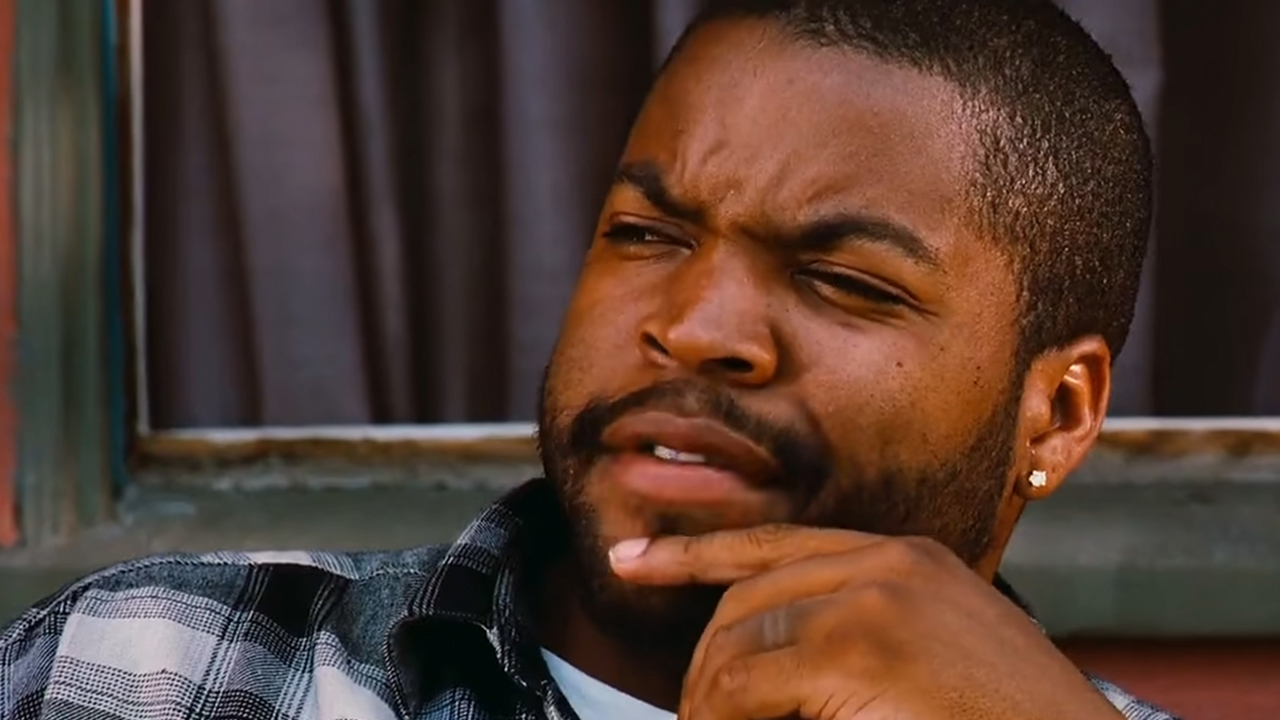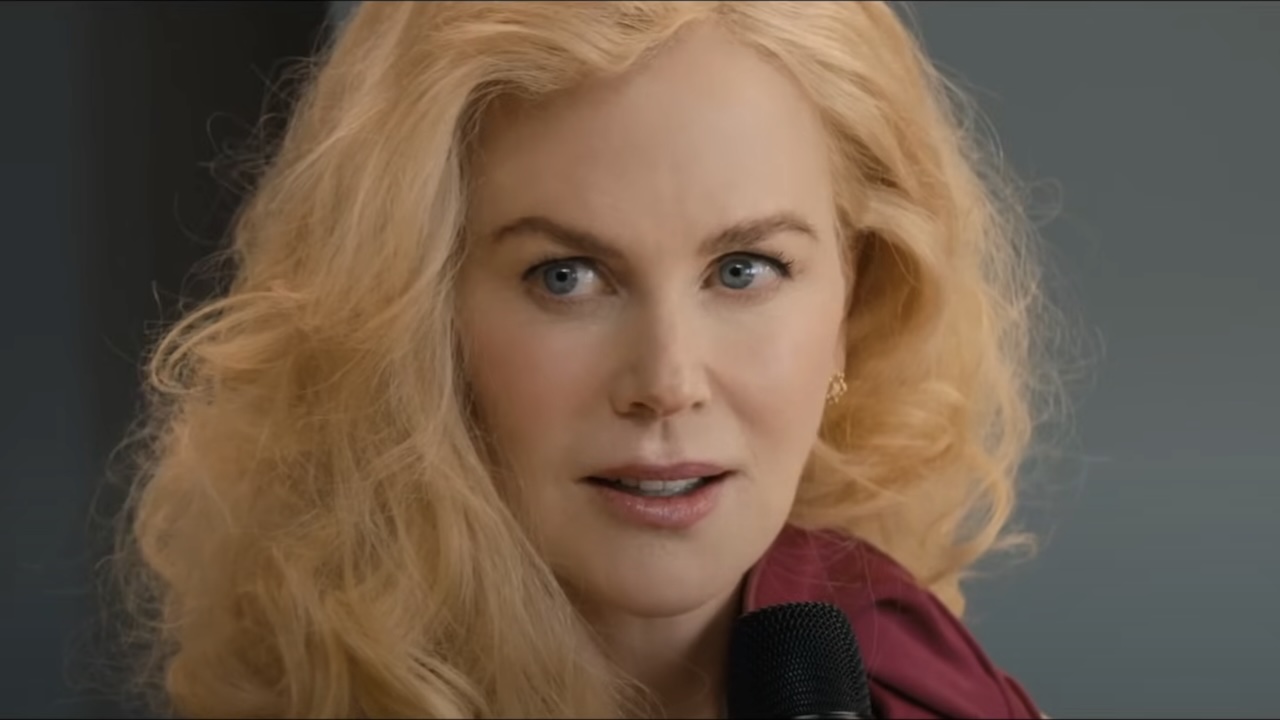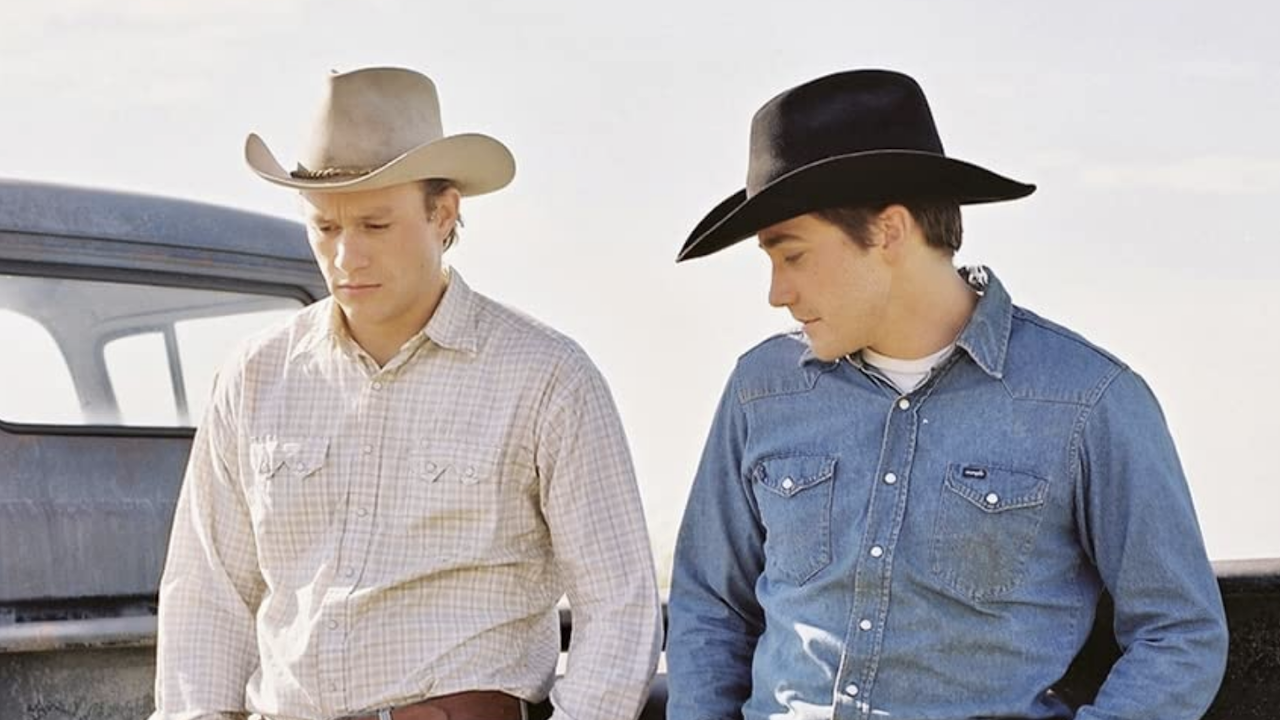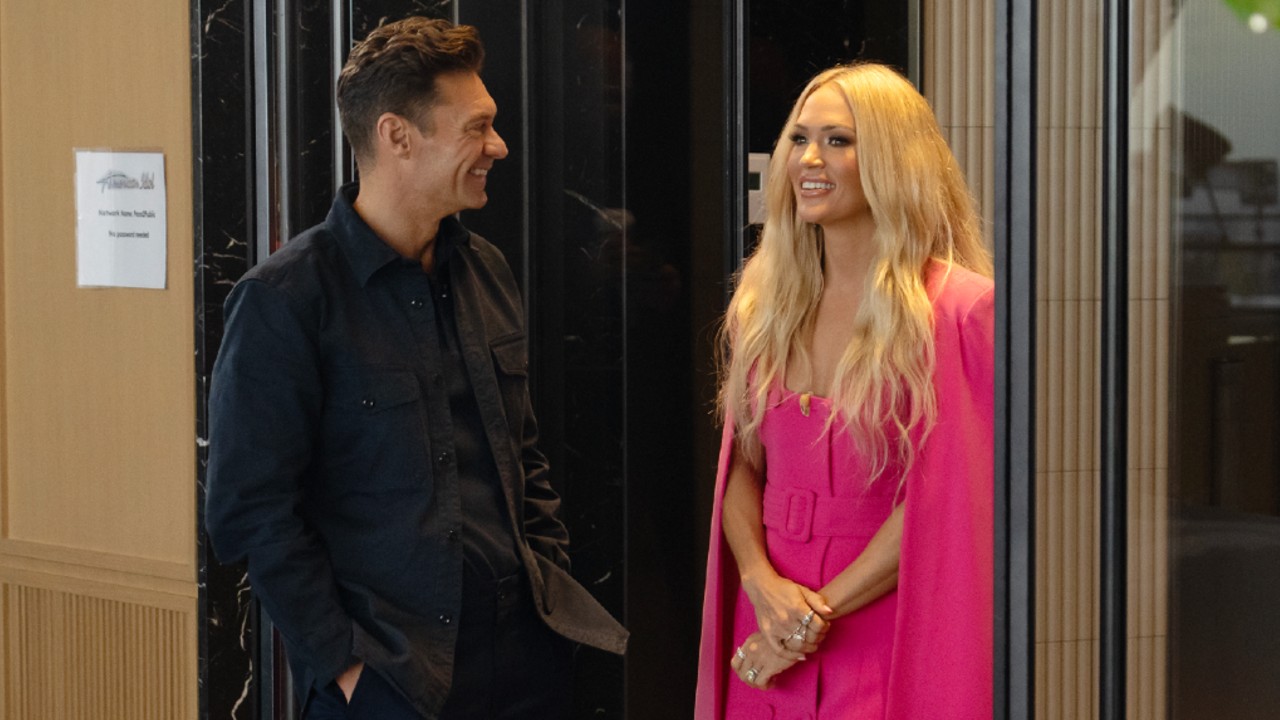The Story Behind How Superman Became A Hero For Social Justice Amid The Resurgence Of The KKK
A story of fictional heroism with real world impact.
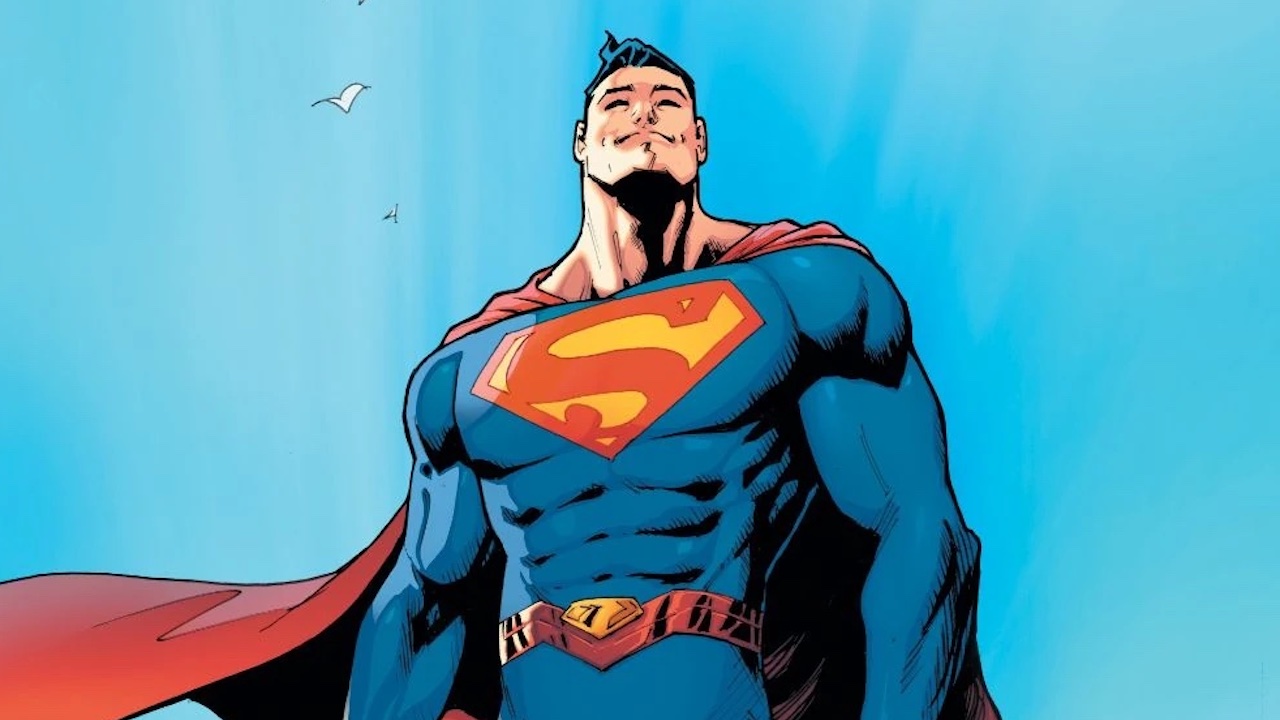
Superman isn’t real. He is the fictional creation of writer Jerry Siegel and artist Joe Shuster, who introduced him to comic book readers in 1938. But don’t get it twisted: just because there isn’t an alien living among us who occasionally throws on a red and blue costume to save the world from villainous threats doesn’t mean that the Man of Steel’s heroics are entirely limited to the page or screen. As an icon of pop culture for nearly a full century, his influence goes well beyond comics, film, and television – and there is no better evidence of that than his impact in fighting back against the resurgence of the Ku Klux Klan in post-World War II America.
It’s a fascinating story that highlights a junction between fiction and reality – where goodness reflected in imagination helped foster something positive for a generation. It’s a complex and awesome bit of history that serves as a reflection of both America’s past and present, and it’s brilliantly explored in the new podcast Fandom Presents: Superman vs. the KKK. The five-episode program examines the birth of Superman, the origins of the Ku Klux Klan, and reflects on where things stand with superhero fiction and racial politics in our modern world, but at the heart of the show is the 1946 campaign that saw the exceptionally popular radio show The Adventures of Superman directly address the issues of intolerance and race/ethnicity-based hate.
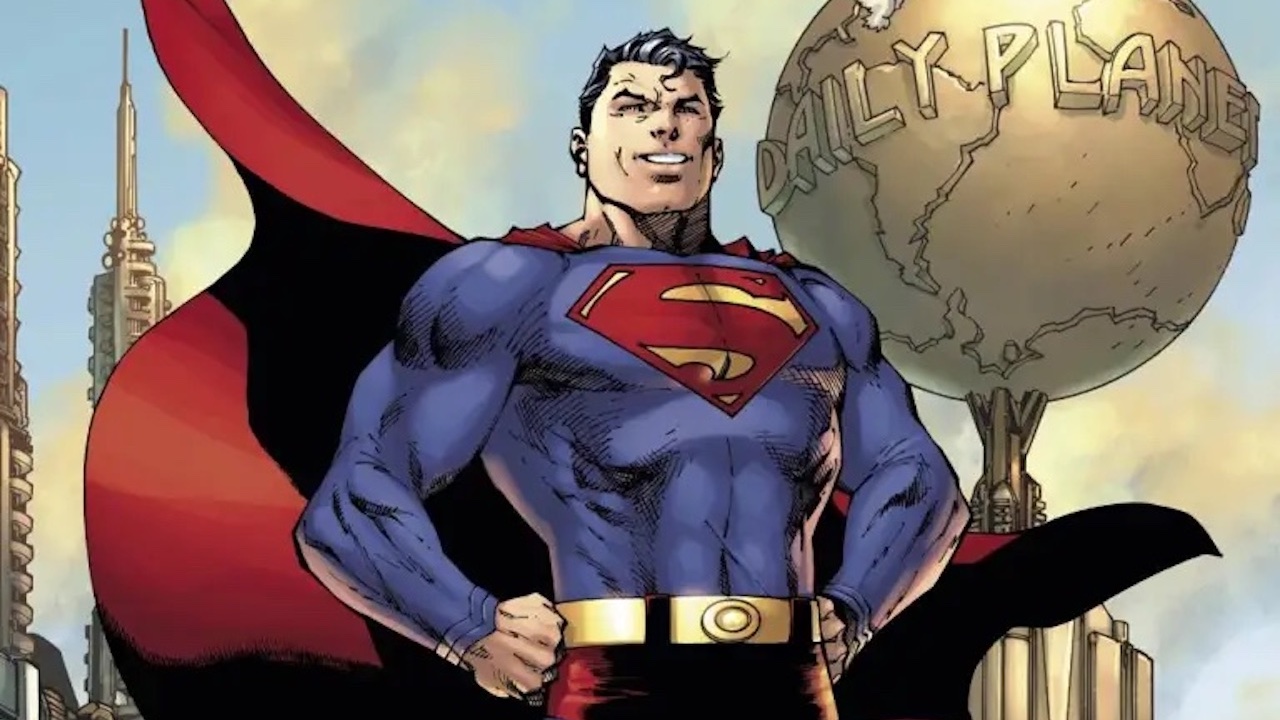
The Return Of The KKK In Post-World War II America
In the wake of World War II and the fight between Allied and Axis powers in Europe and Asia, a cultural shift began in America. Thanks to their time fighting as G.I.s overseas, ethnic and religious minorities began to expand out of the cities and into the suburbs… and even those of you who aren’t overly well-versed in United States history know that change isn’t traditionally welcomed with open arms. Change has a tendency to generate fear of the unknown, and that fear led in part to the resurgence of the Ku Klux Klan in the mid-1940s.
In 1946, a ceremony was coordinated in Stone Mountain, Georgia that reestablished the KKK, and the organization once again posed a threat to establish hate and segregation as part of American values. As a character defined by his devotion to protect “Truth, Justice, and the American Way,” Superman was a character in a position to counter those ideas with a superior value system.
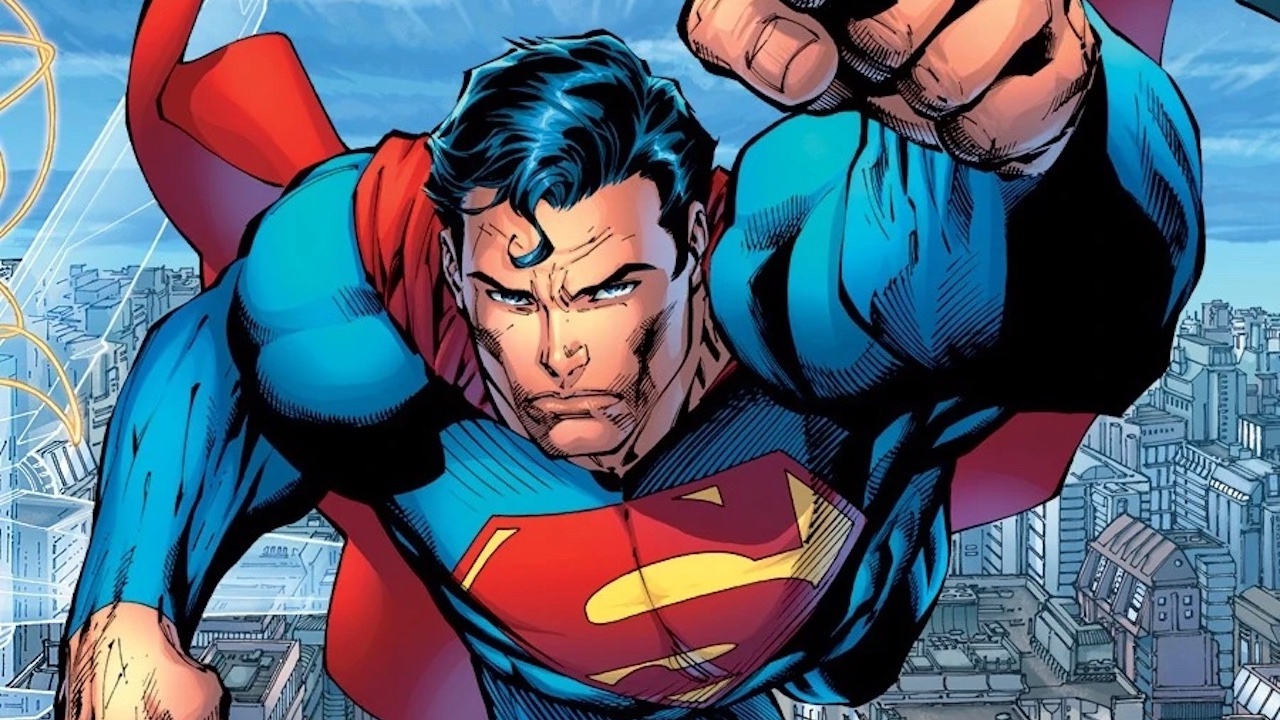
Superman Becomes A True Hero For Social Justice
In the modern world, we primarily recognize Superman from three principal mediums – the aforementioned comics, film, and television – but in the 1940s, radio was one of the most popular vehicles for the Man of Tomorrow’s adventures, and it’s the focal point of this story.
The radio series The Adventures of Superman began in 1940, and while the early run of the show had the titular hero battling against rather overt representations of the Axis powers, that creative well ran dry in the aftermath of World War II, and audiences were hungry for something fresh. This need led to creative contribution from the advertising agency Kenyon and Eckhardt, which represented Kellogg's (the main sponsor of The Adventures of Superman), and the suggestion was simple: have the Big Blue Boy Scout confront topical issues and real life hate groups.
As recounted on the Superman vs. the KKK podcast, this led to the mission that was dubbed Operation Intolerance – which saw a specific attempt, championed by producer Bob Maxwell and others, with the show to promote open-mindedness and acceptance for the wide array of ethnic and religious groups living in America. Extensive work was done to ensure that The Adventures of Superman wouldn’t become preachy, and outside help was brought in to help with accurate depictions (including former New York Times reporter Ben Peter Freeman and a researcher for the Child Study Association of America named Josette Frank).
Operation Intolerance’s influence on the show began with a 25-episode run dedicated to Superman taking on The Guardians of America, which was a fictional hate group that aimed to recruit youth and instill racist ideology. Dubbed “The Hatemongers Organization,” the storyline launched the initiative, but it was the follow-up “The Clan Of The Fiery Cross,” that advanced it.
In the story, Jimmy Olsen is coaching a Metropolis youth baseball team, and their best player is recognized to be a Chinese-American pitcher named Tommy Lee. This recognition is much to the chagrin of a white teammate named Chuck Riggs, and his grievance is exacerbated when he talks with his uncle – who regularly meets with a group of “real Americans who know how to take care of these Tommy Lees and others like them.”
Very much mirroring the race-based horrors of the day, the Clan Of The Fiery Cross (renamed out of fear of a lawsuit) proceeds to burn a cross in the front lawn of Tommy Lee’s house. Later in the story, Tommy, Jimmy Olsen and Perry White end up being kidnapped by the clan, but Superman is alerted to their distress by a guilt-struck Chuck Riggs and flies in to rescue them. At the end of the story, Chuck’s uncle is kicked out of the clan for letting the captives get away, but he gets his revenge by murdering the organization’s leader – and Tommy ends up leading his team to victory on the baseball diamond.
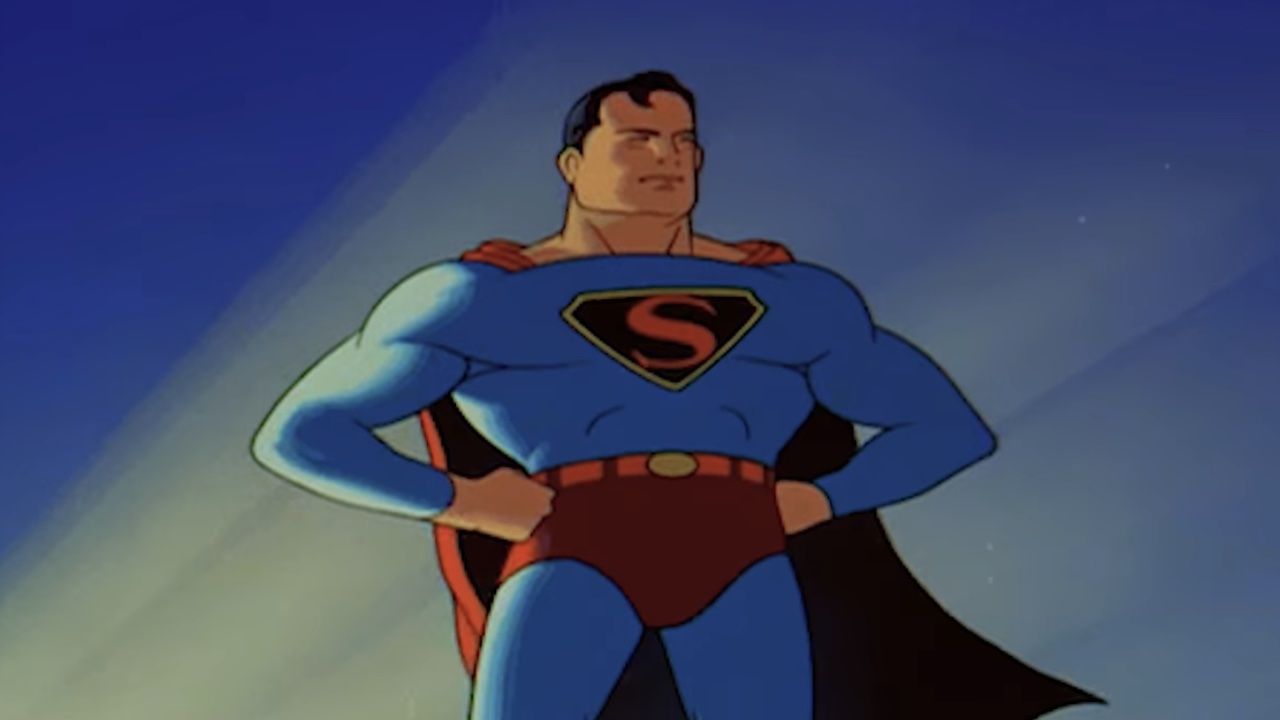
The Impact Of Superman Taking On The KKK
It was a barrier breaking moment in the history of Superman, and one that came with risks for the future of the popular. But the story was immensely popular and led to huge ratings for the radio show, and important values were shared with an impressionable audience that needed to hear the message during a crucial time in the 20th century (we obviously can’t ignore the proximity of this story to the growing Civil Rights Movement in America). It also forever changed the way that we look at the Last Son of Krypton, as he went from battling aliens, mad scientists and outrageous threats to become a symbol for the best of American values.
CINEMABLEND NEWSLETTER
Your Daily Blend of Entertainment News

Eric Eisenberg is the Assistant Managing Editor at CinemaBlend. After graduating Boston University and earning a bachelor’s degree in journalism, he took a part-time job as a staff writer for CinemaBlend, and after six months was offered the opportunity to move to Los Angeles and take on a newly created West Coast Editor position. Over a decade later, he's continuing to advance his interests and expertise. In addition to conducting filmmaker interviews and contributing to the news and feature content of the site, Eric also oversees the Movie Reviews section, writes the the weekend box office report (published Sundays), and is the site's resident Stephen King expert. He has two King-related columns.



